alumni portraits.
Get inspired for change
oikos alumni are engaged and inspiring individuals with their own unique stories.
Learn more about the oikos and career paths of our alumni, their experiences and impact!

Lorem ipsum dolor sit amet, consectetur adipiscing elit, sed do eiusmod tempor incididunt ut labore et dolore magna aliqua. Ut enim ad minim veniam, quis nostrud exercitation ullamco laboris nisi ut aliquip ex ea commodo consequat. Duis aute irure dolor in reprehenderit in voluptate velit esse cillum dolore eu fugiat nulla pariatur. Excepteur sint occaecat cupidatat non proident
oikos alumni are engaged and inspiring individuals with their own unique stories.
Learn more about the oikos and career paths of our alumni, their experiences and impact!
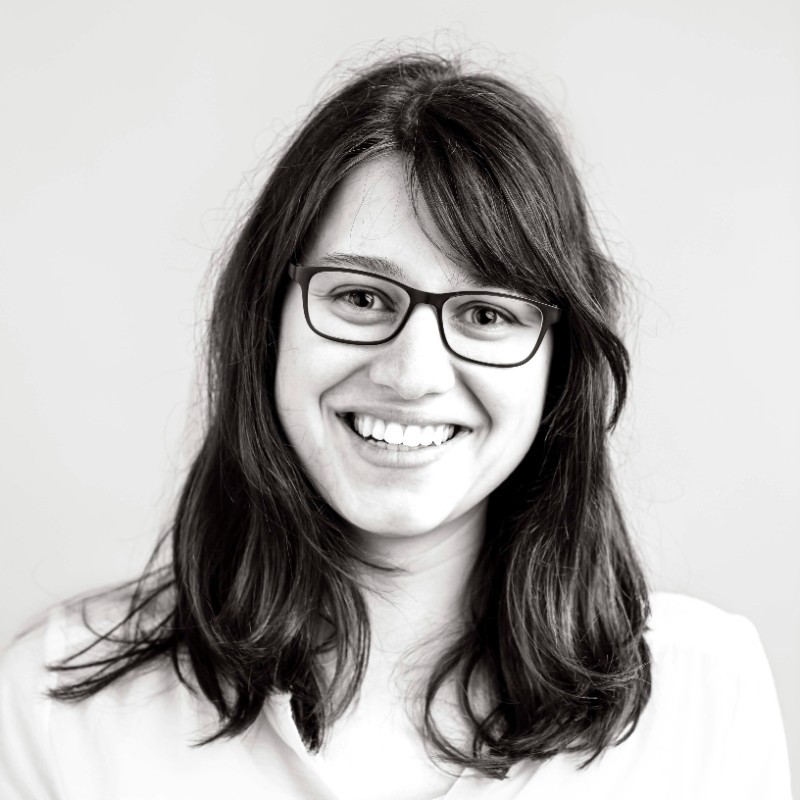
Website: https://oikos-international.org/
Alumni VP for 2020 Zvezdana Vuletic sits down for a chat with Pauline (Sprenger) Krüger, an alumni from oikos Hamburg who talks us through her oikos Journey and her professional career in the sustainability department of Volkswagen afterwards.
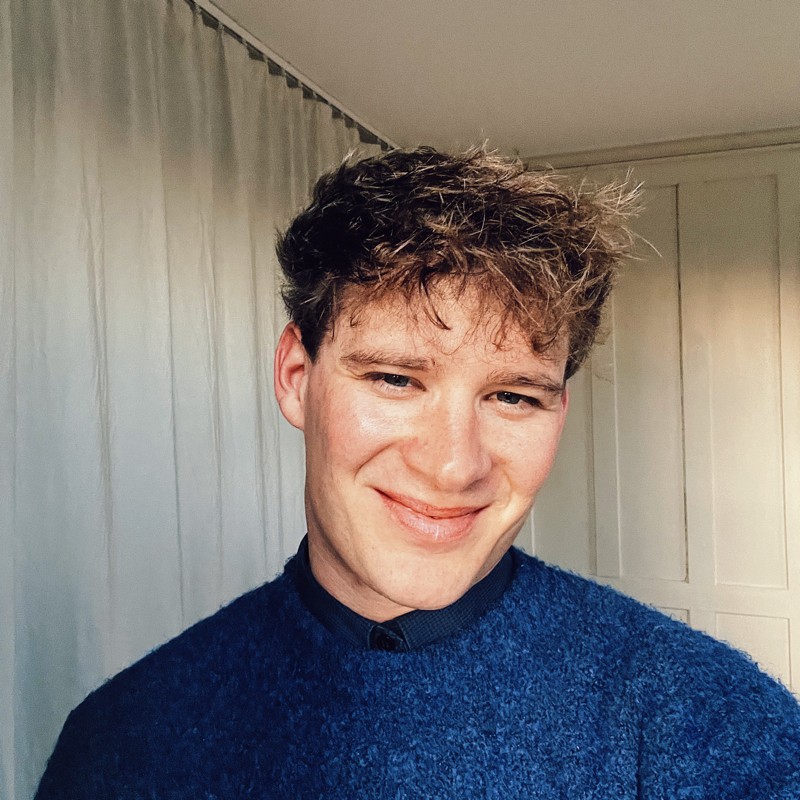
We’re excited to share another oikos Alumni Portrait – this time featuring Jonas Friedrich, an alumni from oikos Witten/Herdecke! In the Alumni Portrait our oikos alumni share their fascinating journeys. From the first time they recognized the need for more sustainability in their degree to their motivation to join oikos; from their first career plans to their everyday lives as agents of sustainable business and economics.
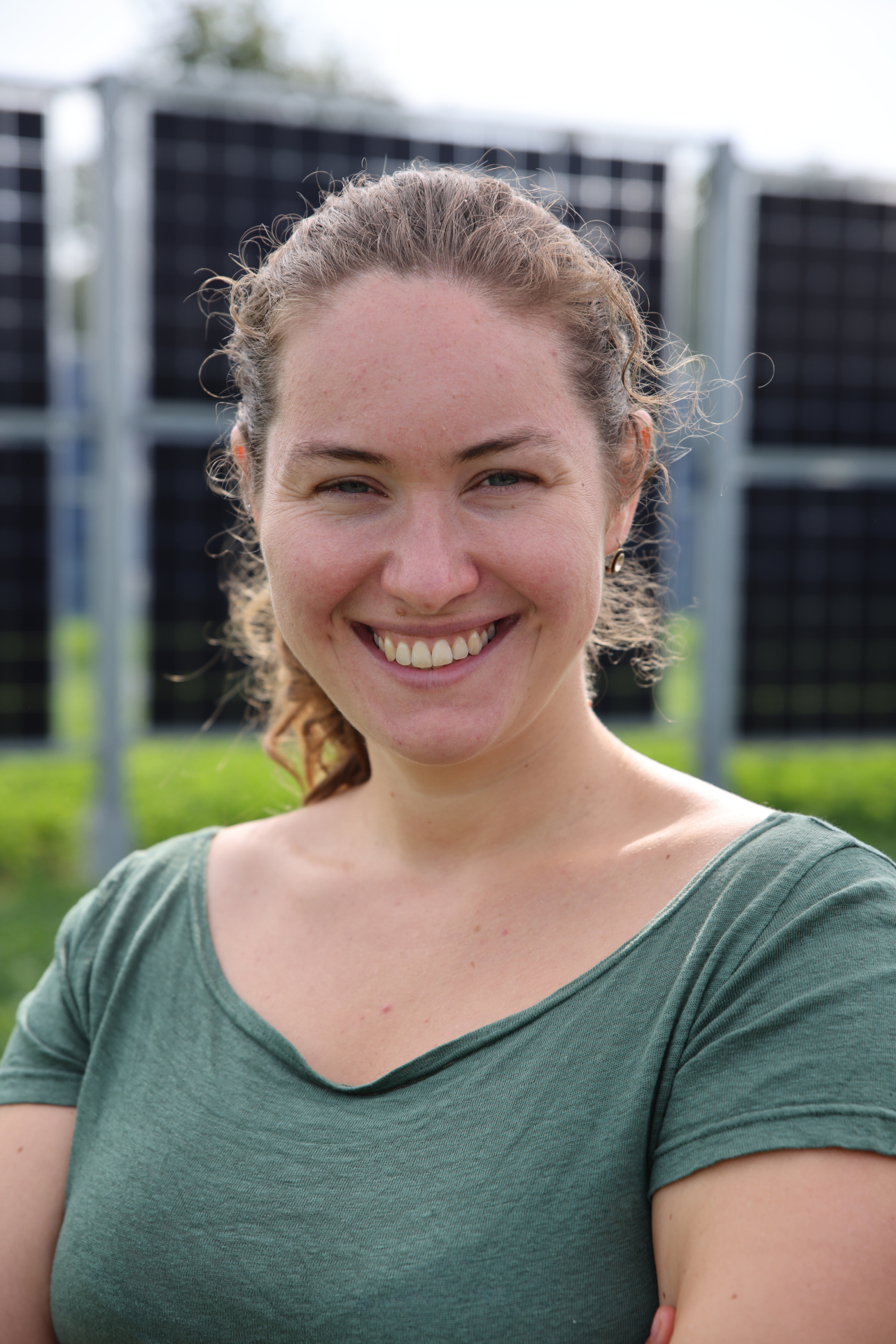
Being part of the very first generation of Viennese oikees, and later on joining oikos International, not only gave me the opportunity to gain various skills from co-developing the organization but also provided me access to a global like-minded community, through which I met some of my closest friends to this day.
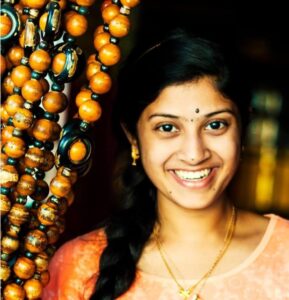
Background
Just another engineering graduate among the huge number of engineers in India. I completed my degree in Civil Engineering at JNTU-Kakinada after which I was placed in Tata Consultancy Services. I also studied in the Indian Institute of Management – Calcutta for a 2 year MBA equivalent degree. I developed a keen interest in marketing, strategy and product development. I had the opportunity to work with e-commerce giant Jumia in Kenya, Africa for 2 months in customer experience. As of now. I am working as Group Young Leader Associate with Bajaj Finserv, a financial conglomerate in India. I work with multiple financial products including retail banking, investments, insurance, payments, digital wallet, secured&unsecured loans, and mutual funds.
Interest in Not for Profit Organisations
The foundation that kindled my passion to work for the society began when I was in high school. I was a registered young National Cadet Corp and Rotarian. Under the leadership of eminent Rotarians, I learned the joy of giving and service. When I was pursuing my undergrad, I was absorbed by the community services of Lions Club. With an interest in community service and experience in leading a team towards the cause, I was entrusted with a responsibility of the oikos Chapter President of Kolkata in 2017.
What oikos taught me
oikos Kolkata posed a unique challenge to me. With the support of the previous President Bhavana Surapaneni (who instilled a lot of confidence and was very supportive), we wanted to reshape the outlook of oikos in Kolkata. For many years community services, sustainability awareness, responsible behavior- all sounded very serious tasks. Tasks that were meant for serious people, so our goal was to make it more fun.
oikos Kolkata always kickstarted the year with a quiz. For a change, we brought in a nature treasure hunt event. The event witnessed a huge crowd and we got wonderful feedback. Next came the pizza talks. Who wouldn’t come around for some free pizza? We also conducted a nature trip to Mousini Islands to raise awareness of global warming and bad agricultural practices. Then, came the 5 day sustainability week which was also attended and supported by Clementine Robert, current oikos President. oikos Kolkata welcomed 106 participants during these 5 days. It was a great success for us.
Bhavana always talked to us about the importance of the FutureLab and we made a promise to prepare especially well for the conference. To make oikos Kolkata more attractive within the oikos community and our campus, we took FutureLab’17 as a new challenge. Our core members worked meticulously, thanks to Levan Pangani and Adriana who supported us heavily, in putting this dream together. We successfully held a workshop on Artificial Intelligence and its Implications with Prof. Runa Sarkar, Dean Academics- IIM Calcutta, as the guest speaker. With a chemical engineering degree from BITS Pilani and a Masters in Environmental Engineering at the University of North Carolina at Chapel Hill, USA and 5 years experience as an environmental consultant, she is now an academic in economics.
oikos instilled a lot of confidence in me and helped me develop a sense of ownership. With a great network of wonderful people, oikos is a library of endless learning.
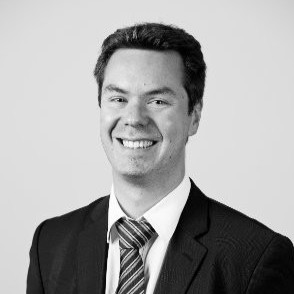
My oikos’ experience
I joined oikos Brussels at ICHEC Business school in 2002-2003 upon the recommendation of a fellow student. We were a small group of motivated students trying to change the mentalities in our “classic” Business school. Passionate about sustainable development and environment, I found in oikos a great platform to exchange ideas and organize events for our student community. I am thankful to Anne, Aude, and Sébastien for the great moments we spent together.
My best memory is the organization of a conference about ethical banking and microfinance including a fierce debate between academics, bankers and NGO members. My role was to contact the speakers and moderate the debate.
Today oikos Brussels counts many members and is more active than ever at ICHEC and beyond.
Connecting the past and the present
Over the last 8 years, I have been working at Triodos Bank as a Senior Relationship Manager and team leader. My job consists of structuring and managing sustainable loans for Healthcare and SME clients.
Triodos Bank only finances sustainable projects with a positive impact on society. I have the chance to work for a sustainable bank which is transparency and fully corresponds to my values. This is the job I was dreaming about when I was a student 15 years ago. And guess what… several colleagues are former oikos Brussels members.
My clients are active in the organic food industry, circular economy (including start-ups), hospital and elderly care sectors (Real Estate projects). Helping them to realize their projects is a great source of motivation.
Today there is much more consciousness about sustainable development and about the need for a transition. A lot of students and professionals have a personal interest and wish to contribute to SDGs.
I was invited by oikos members and ICHEC to testify in front of students and to represent Triodos Bank in several public and academic events. At the office, we also welcomed students for their thesis and training periods. These were enriching experiences.
A tribute to Muhammad Yunus
Peace Noble prize laureate Muhammad Yunus, father of Microcredit, is my source of inspiration.
I have admiration for his determination to transform finance in order to improve the lives of millions of people. Starting from zero with a simple idea: trust between people is the most important thing.
So my final words would be: trust yourself and others, follow your dreams and never give up.
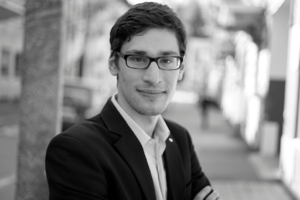
How did you end up working on edible insects in the West? This is a question that I am asked quite often, as I started withEssento the pioneer in the production of edible insects in Europe. It is a pretty long story, and I do it for the positive impact I seek to create during the few years I get to spend on this planet, rather than for anything else. These values are closely connected to the experiences and people I encountered over the last 10 years. And a good number of those encounters are due to oikos.
I have a background in economics and completed my bachelor and master’s degrees in St. Gallen (with some exchanges to Lausanne and Bogotá). Already during the first semester at the university, I came across oikos and immediately felt that the shared values and the kind of people that were part of oikos, were exactly the type of people, that inspired me and I felt comfortable spending my time with.
Soon, I was asked to take on responsibility. My colleague and I led one of the flagship programs at oikos St. Gallen – the oikos CNC – oikos Carbon Neutral Campus. We assesed the CO2 emission of our campus and then worked to identify different ways for reducing/mitigating those emissions. One of the goals was to make people aware of what CO2 actually is and what harm it actually brings. After handing the project over to the succeeding generation, I was asked to join the oikos International Executive Board to use the gained knowledge in leadership and project management in order to guide others towards successful implementation of projects and allow them to inspire fellow students.
I can truly say that my oikos years had a strong impact on my views on the world. These years showed me how one can grasp opportunities and that a doer-mentality is a great asset in life. Most importantly, I had the possibility to affirm and strengthen the values I have as a human being and as a business person. These values are still guiding me to this day. I am still in touch with a good handful of people that I am very grateful to call my friends, that I have met somewhere through my oikos journey.
I am convinced that it is upon us to take responsibilities and act towards a greater good both in personal and business life. oikos is definitely a place to get inspired, find role models and like-minded people, we all need to tackle the challenges that are awaiting us.
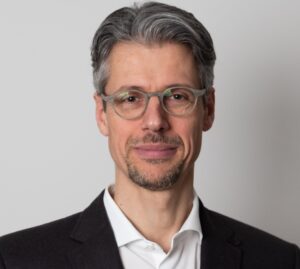
My journey towards a more sustainable world started in 1987 on a dark and foggy November evening in St. Gallen. I rushed to my first meeting with a group of students who had just founded oikos, but the first attempt failed. I tried again and finally found the group of enthusiastic young students.
Why did I look for oikos? In 1986, I was shocked by the nuclear accident of the atomic reactor in Chernobyl and by the blast of the chemical facility Schweizerhalle next to Basel. Convinced that the change must start in the economy, I decided to study environmental economics at the University of St. Gallen. As a member of oikos, I had a unique chance to co-organise the first two oikos conferences with a great team.
These conferences as well as the long discussions in the oikos team about the right way to go, influenced my professional career a lot. During my studies, I became interested in integrated solutions for sustainable development and started researching on participatory multi-stakeholder processes. The insights were summarised in my thesis “Public-Private Partnerships for Regional Development”. Then I got the opportunity to apply my knowledge in an interdisciplinary team supporting the Mayor of the City of Zurich in implementing a more coherent and sustainable urban development. In 2002, it was time for a new experience, and I started as Executive Director of a small foundation and as an international consultant for development cooperation and humanitarian aid. I worked in many countries and specialized in knowledge management and knowledge sharing networks. This was THE topic at the time, and we believed with better knowledge we could get better solutions.
For the last ten years, I had the chance of leading a great Swiss Foundation working towards better quality education and intercultural understandings in Switzerland and 12 other countries. Providing quality education is one of the 17 Sustainable Development Goals. In particular, the education of girls is considered by experts as one of the most effective solutions to fight climate change. Leading an NGO was a completely new experience for me, and I learned a lot about leadership, organizational change, and belief systems.
Throughout my career, I observed that the most elaborate participatory processes, the best knowledge or quality education do not always lead to a better world for all. Even NGOs with ambitions to create a more sustainable world sometimes fail or even draw out dysfunctional systems and poverty despite their best intentions. Maybe this is one of the reasons why I became increasingly interested in self-development and mindfulness. On this journey I got new insights and realized how much we are stuck in our thinking patterns, concepts and behavior, experiences we individually and collectively have been gathering in the past. This limits our search for new solutions.
32 years ago, I started my journey towards a more sustainable world. Although there have been many frustrations, I’m still convinced that another world is possible. However, we must go beyond the limiting concept of sustainability and strive for a positive impact for a thriving world.
Today it is my mission to pass on my long-standing experience as a coach to leaders striving to make a positive difference on this planet and guide them in crystallizing their potentials and in realizing their aspiration to transform the world.
Urs Karl Egger was a member of oikos St. Gallen in 1987-1989.
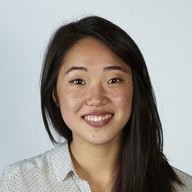
“I am not alone!” This is what I felt when I joined oikos and participated in my first FutureLab and Presidents Meeting (2013 – 2014). Right away, I strongly connected with fellow oikees and felt we all gathered around a common vision and a shared determination to make the world a better place. oikos played a decisive role in my personal journey and in becoming who I am now: a committed social entrepreneur and co-founder of Snowball Effect.
At Snowball Effect, our aim is to spread impactful solutions where needed. Why? Because we know solutions exist to tackle the world’s biggest issues. These solutions have a tremendous positive impact, are viable and have developed precious know-how. However, the problem is that they stay at a local scale and do not spread enough to address similar issue elsewhere. Due to the lack of replication of impactful solutions, know-how is lost, people reinvent the wheel, lose time, money & energy. What a waste, right?
As former US President Clinton said: “Nearly every problem has been solved by someone somewhere. The challenge of the 21st century is to find what works and scale it up.”
What if, instead, there was a bridge between established social entrepreneurs who have proven social businesses and aspiring entrepreneurs willing to adopt & implement an existing and proven solution in their home turf? What if there was an effective knowledge transfer, enabling aspring entrepreneurs not to start from scratch? What if, all together, they created collective forces – movements – enabling impact-proven solutions to become the new norm through replication? What if, overall, we could generate a systemic change? A major strength of our century is that we are all interconnected and interdependent. We should take this opportunity to share and build something bigger!
Therefore, we dream of a world…
…Where impactful solutions are popping up like mushrooms, locally, to address our social and environmental issues, everywhere in the world.
… Where these solutions are connected to one another to become part of something bigger.
… Where all these form a powerful network of mindful people striving to do common good.
Life on earth would be much better, wouldn’t it?
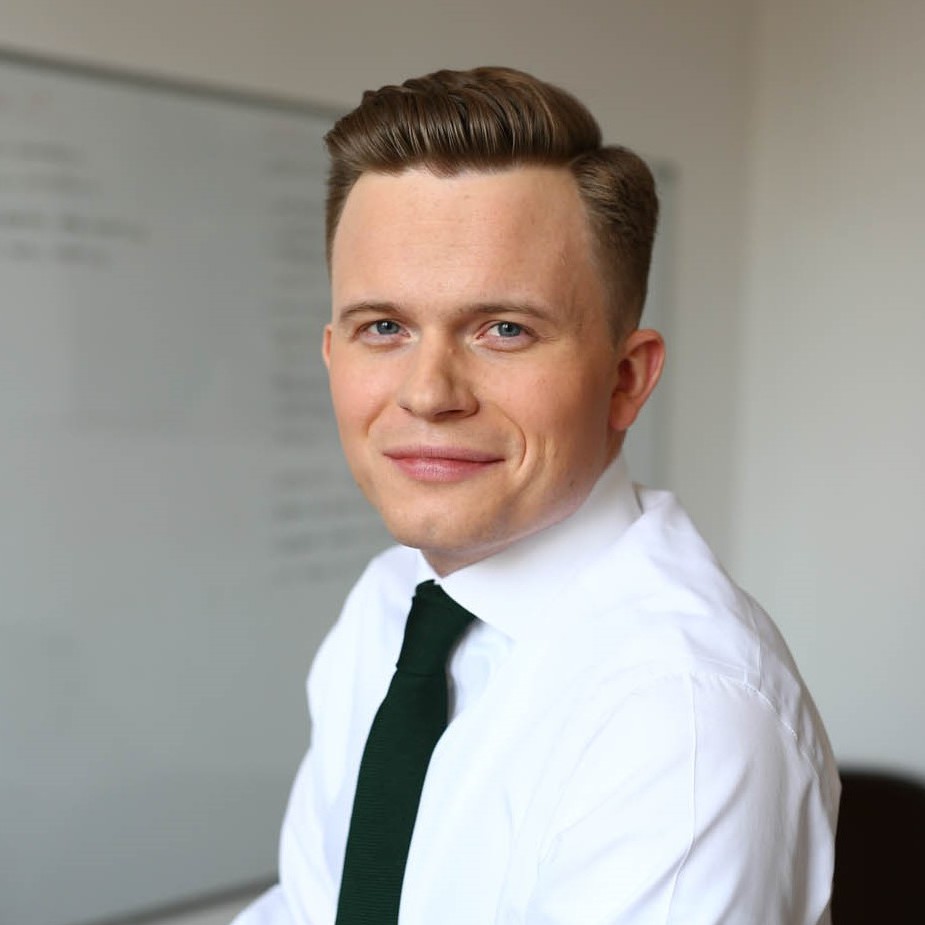
I found oikos by a sheer coincidence while searching for a student organization to join as a freshman at the Warsaw School of Economics. The international reach and the focus on sustainability in economics and management, a topic I knew very little of, appealed to me so I showed up to the introductory meeting. I certainly had not expected that it would lead to long and rewarding journey that will last this long.
My first gateway into the oikos international community was the Spring Meeting ‘08 which was also an accelerated course about oikos agenda and sustainability in general. The spirit and engagement encountered in Cologne fueled my involvement in the Warsaw chapter. Some of the most memorable initiatives I was a part of included “Energysavers”, a competition of all of Warsaw’s student dormitories in reduction of energy consumption, and the oikos Autumn Meeting ’10, which was hosted by the oikos Warsaw chapter and which I had a pleasure to coordinate. In the meantime I became the president of the local Warsaw chapter in 2009 and a member of the oikos International Executive Board in 2010. The opportunity to support the overall oikos network while working for oikos International was a particularly rewarding experience.
Upon graduation I threw myself into work and my career path was not exactly aligned with the previous oikos involvement. I started out as an investment banker working on M&A transactions in the City of London. Later I switched to consulting and joined a boutique focused on strategic advisory in the technology, media, and telecoms space. While my professional development kept progressing I started feeling void due lack of connection with my previous experiences. This motivated me to re-connect with oikos and apply for an Auditor position in 2018. Auditing oikos International financials for 2018 allowed me to use by professional background to support oikos activities. Now I am looking for ways to inject more of the oikos thinking and ideas into my professional life, so stay tuned!
I would like to thank all the fellow oikees I met on my path thus far and I am looking forward to the next chapter as an oikos alumnus.
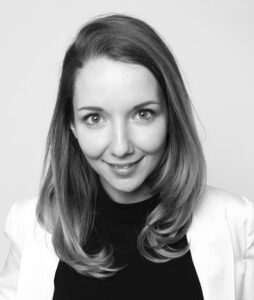
The chapter of my life which was very much defined by oikos opened in 2011, when I was in the first year of my master’s studies in International Economics and I started the local oikos organization at Corvinus University of Budapest with a group of friends.
Later that year, I moved abroad to carry out internships. As I was no longer in Budapest to carry on with the local chapter activities, I applied to join the international oikos Executive Board in December.
Having been part of the EB for two years, I have met some of the most inspiring people in the world! Friendships, great discussions and the strong commitment of the oikos crowd to make change happen – no matter whether we were in Georgia, Prague, Maastricht or St. Gallen – is what I remember most vividly. Together with chapter presidents, we also initiated oikos fashion, an online learning circle and webinar series on sustainability in the textile industry with renowned international speakers. This was a project that made me realize the huge potential that oikos, as an international network connecting highly trained and ambitious young people from all over the world, holds.
My experience in the oikos EB, where I was mainly responsible for keeping in touch with the chapter members and facilitating information exchange in the network, has surely played a part in the fact that fueled by my interest in purpose-driven communication, I started working in the field of PR and Communications as a consultant.
Later, in 2016, I was hired by E.ON in Hungary to help launch the company’s flagship CSR project, an annual sustainability award program and I have been working there as a Communications Specialist ever since.
To this day, oikos remains a source of inspiration to me through my encounters with former members. It is always rewarding to discuss our ongoing plans, so if there are any ideas or projects you would like to talk about, drop me an email, I’d be happy to hear from you!
Nora was a founding member of oikos Budapest in 2010-2011 and a member of the oikos Executive Board between 2011-2013.
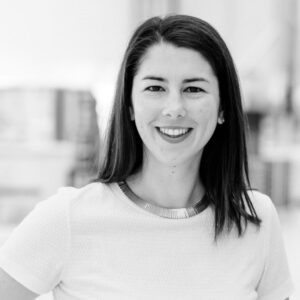
Website: francesca.stocco@gmail.com
I have come across oikos in 2011, while I was in Dhaka doing research on social business’ best practices. Oikos felt immediately like a cheerful yet commited community I wanted to be part of.
I founded oikos Lille in 2012 at Edhec Business School, and joined some memorable oikos events: Barcelona Spring Meeting and St. Gallen FutureLab in 2012, Maastricht Spring Meeting in 2013 – cheers to those who were there and are reading this!
What made oikos an amazing student organization were its people. Pretty much all the oikees whom I met were engaged in sustainability-related challenges, such as: how can we make our university campus more environmentally friendly? How can we efficiently grow fruits and vegetables in urban areas? How can we make students aware of the fashion industry’s social impact?
I find oikos members to be driven by sustainability ideals, yet reasonable enough to rely on existing structures such as business schools, start-up incubators, government institutions, to make a change.
Oikos has definitely contributed to forge my leadership and project management skills, that I took into my professional life. In the last few years I worked both in the corporate world (Swarovki, Nissan) and in innovation consulting (Innosight). More recently, I founded my own company, Filanda n. 18. Filanda n.18 is a fashion label that aims at preserving traditional textiles from across the world and supporting the artisans behind. For the fashionistas out there, check the Instagram channel.
Having said that, the biggest oikos take-away are the friends that I made. Oikos is an amazing network of thought provoking and open-minded individuals who are always there to support each other. And here comes the time to walk the talk: if you would like to discuss any sustainable fashion projects or any career-related topics, do not hesitate to reach out to me. I am always available for an in-person or virtual coffee. Seriously, don’t be a stranger!
Cheers,
Francesca
Francesca Stocco was Founder and President of OIKOS LILLE, 2012-2013.